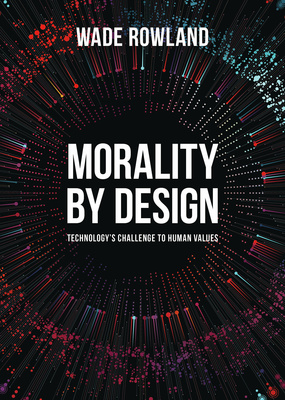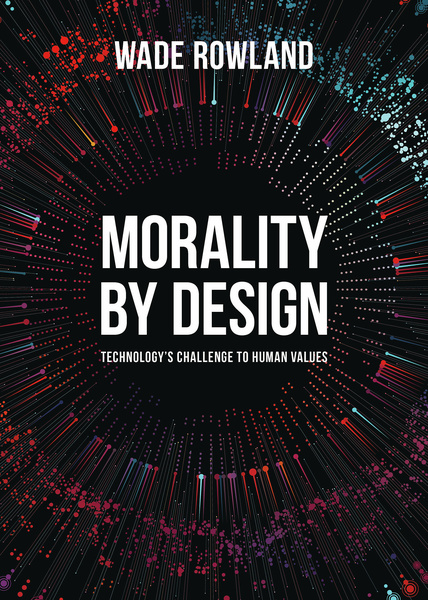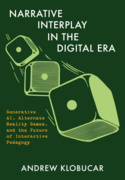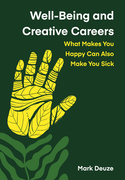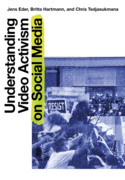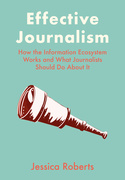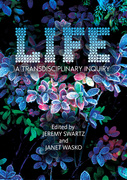Morality by Design (Book)
Technology's Challenge to Human Values
The eleven short, linked essays in Morality by Design represent a culmination of two decades of research and writing on the topic of moral realism. Wade Rowland first introduces readers to the basic ideas of leading moral thinkers from Plato to Leibniz to Putnam, and then explores the subject through today’s political, economic and environmental conundrums.
Edition
The eleven short, linked essays in Morality by Design represent a culmination of two decades of research and writing on the topic of moral realism. Wade Rowland first introduces readers to the basic ideas of leading moral thinkers from Plato to Leibniz to Putnam, and then explores the subject through today’s political, economic and environmental conundrums. The collection presents a strong argument against postmodern moral relativism and the idea that only science can claim a body of reliable fact; challenges currently fashionable notions of the perfectibility of human individuals – and even the human species – through technology; and argues for the validity of common sense.
In guiding the reader through Enlightenment-era rationalist thought as it pertained to human nature and the foundations of morality, Rowland provides a coherent, intellectually sound and intuitively appealing alternative to the nihilistic views popularised by contemporary radical relativism. Morality by Design ultimately seeks to convince readers that there is such a thing as moral fact, and that they do indeed have what it takes to make robust and durable moral judgments.
Wade Rowland is Emeritus Professor in the Department of Communication Studies at York University, Toronto. He is a former newspaper reporter and editor, and network television news producer and executive, and is the author of numerous books including Ockham’s Razor: A Search for Wonder in an Age of Doubt (1999), Greed, Inc.: Why Corporations Rule Out World and How We Let It Happen (2005) and Spirit of the Web: The Age of Information from Telegraph to Internet (2006).
Preface
Introduction
Chapter 1 – The Idea of Science
Chapter 2 – The Idea of Morality
Chapter 3 – Biology and Good
Chapter 4 – The Alchemy of Capitalism
Chapter 5 – The Fabulous Free Market
Chapter 6 – On a Treadmill to Happiness
Chapter 7 – The Corporate Take-over
Chapter 8 – The Tragedy of the Commons
Chapter 9 – The Morality Within Us
Chapter 10 – Disenchantment
Chapter 11 – Trans-humanism and Post-humanism
Postscript: Religion and Morality
References
Notes
Index
'The writing is accessible even for someone who only has a passing familiarity with the moral philosophy that underpins the text. Rowland was, before becoming an academic, a journalist and perhaps this accounts for his ability to distil complex arguments. This skill makes what could be a tough slough through moral philosophy quite digestible. [...] This was a good read, helpful and provoking.'
'A cri de coeur, a kind of twenty-first-century Ten Commandments. Human morality ought to inform technological design, Rowland contends, so that it has known and knowable limits. There should be instinctual oversight of digital endeavours—by virtue of virtue itself. The book is beautifully written, with sparingly few platitudes. And Rowland, a communications scholar from York University, has put his finger on the type of response that almost always surfaces when technological achievement outpaces our sense of how best to apply new techniques and methodologies.'

